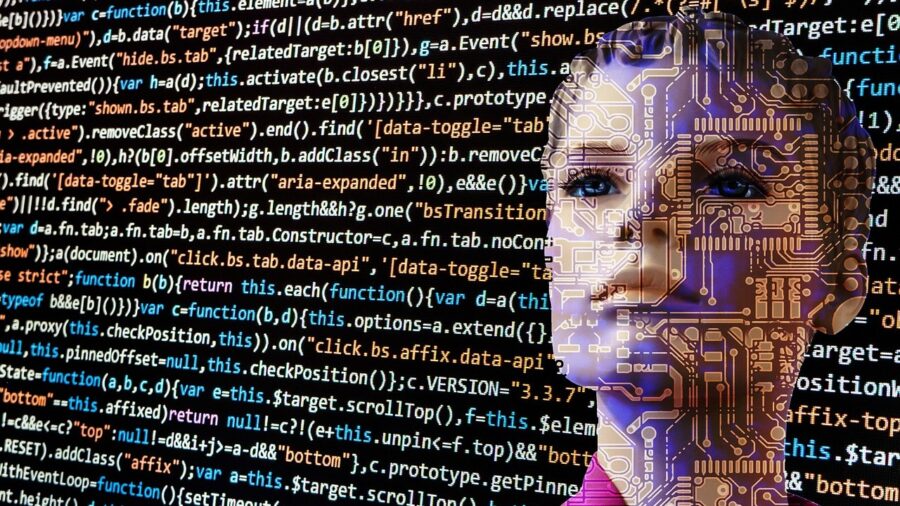AI-Produced Scripts Are Coming And For Some Reason Writers Are Okay With It
In a very controversial decision, the Writer's Guild of America has proposed a set of rules that would let writers use AI tools to create scripts while still retaining rights fo their full residuals.

What if the robot revolution was here, but it looked nothing like what the Terminator movies warned us about? For writers, that revolution is here in the form of AI, in which tools such as ChatGPT are being increasingly used to outline or outright create many kinds of content. While many screenwriters have been concerned about the effect this may ultimately have on their careers, Variety reports that the Writer’s Guild of America has proposed allowing AI to write scripts as long as it has no overall effect on either the residuals that human writers can earn or the credit they receive for writing the script.
Ever since the WGA previously announced an intention to regulate the use of AI regarding scripts, many (both inside and outside of Hollywood) had assumed that using artificial intelligence to create scripts would be banned outright. Instead, the WGA seems content to treat ChatGPT and other types of AI as just another tool in the writer’s toolbox. And there may be a certain logic to that: the art of writing has always evolved with the introduction of new technology, and in the right hands, AI may be able to streamline the creative process despite the technology itself having no creative drive of its own.
For the WGA, it looks like the biggest concern right now is that the technology might keep writers from receiving either proper credit or proper compensation. To this end, their proposal specifies that nothing generated with AI can be considered either source material or literary material. And once you know what these industry terms mean, you’ll understand how interesting this proposal is.

“Source material” is a broad term that covers anything that a screenplay might be based on, including books, plays, articles, and so on. And “literary material” refers to what the screenwriter creates, including treatments, dialogue, screenplays, and so on. When someone creates something from source material, they get a “screenplay by” credit, and when the work is wholly original, they get a “written by” credit, but the nature of AI has forced the WGA to figure out how such technology should work with the current system.
For example, someone with a “written by” credit gets 100 percent of the residuals for any given project, while someone with a “screenplay by” credit gets only 75 percent of the residuals. That’s a pretty straightforward system, but the WGA’s proposal, if accepted by the Alliance of Motion Picture and Television Producers, would allow writers to generate and edit a script using AI software and still retain a full “written by” credit. Such a move is meant to reassure writers that they won’t have to worry about either losing their jobs (since even the best AI content still needs to be edited and supplemented by humans) or somehow splitting their residuals with the companies creating these AI tools.
At this point, it’s unclear whether the AMPTP will accept the proposal or not (if these negotiations break down, we could be headed toward another writer’s strike). Moreover, it’s not yet clear what kind of impact AI will have in creating your favorite franchises or movies. While some critics worry this will create lifeless and repetitive scripts, cynics might note that AI-generated scripts can’t be any more lifeless or repetitive than the writing in some of Hollywood’s biggest franchises (looking at you here, Marvel).











